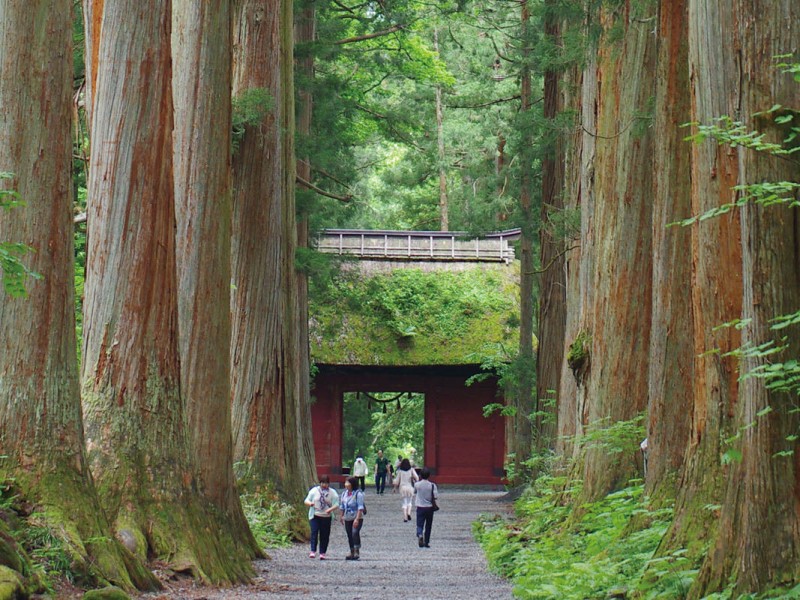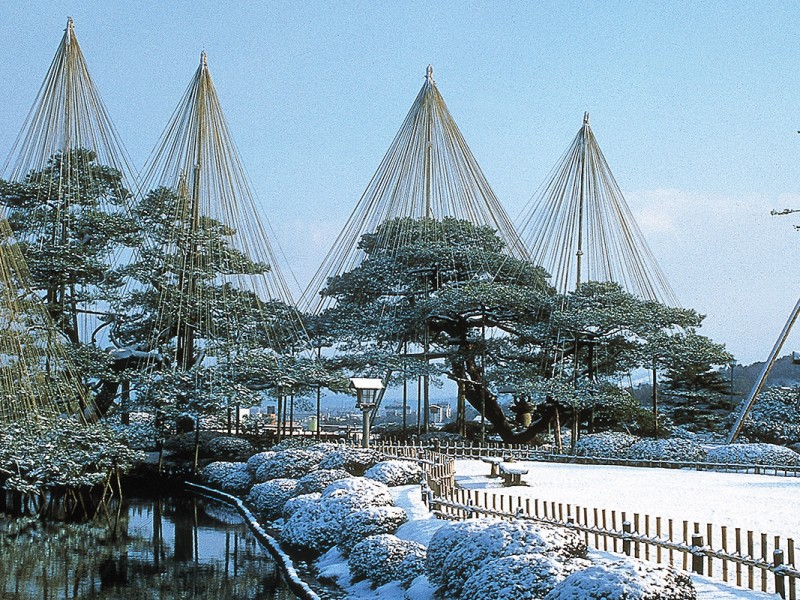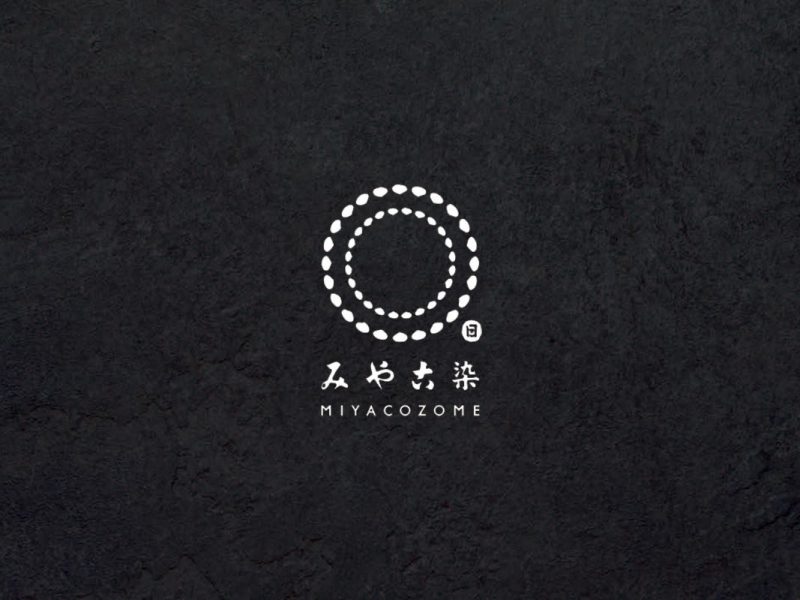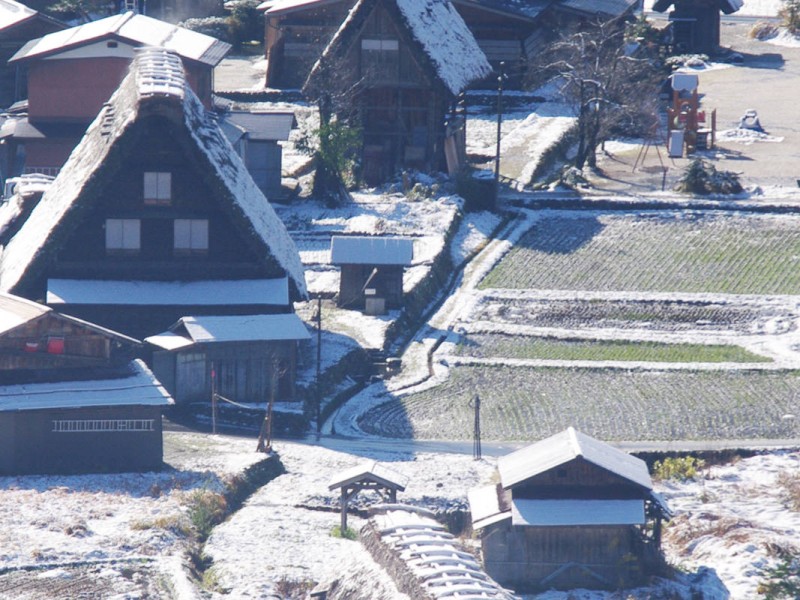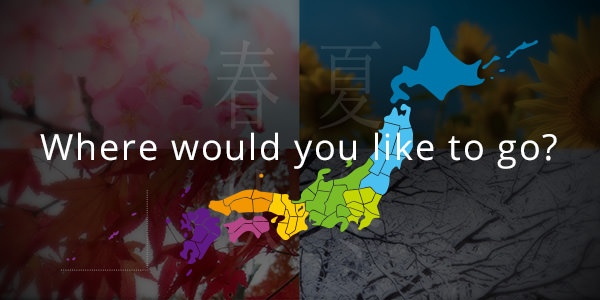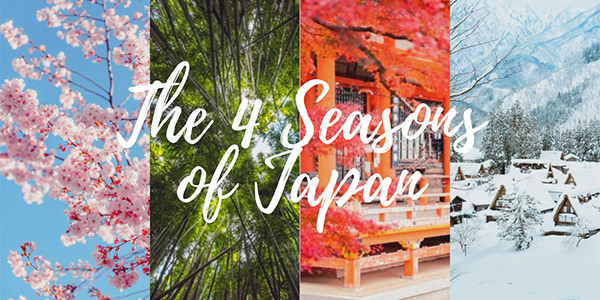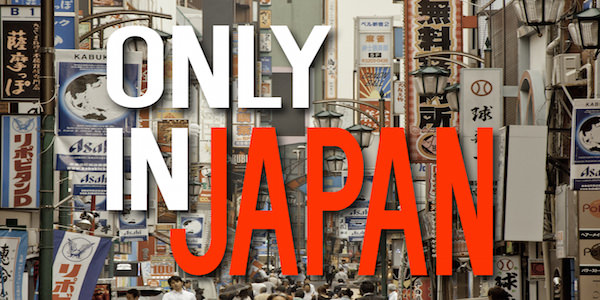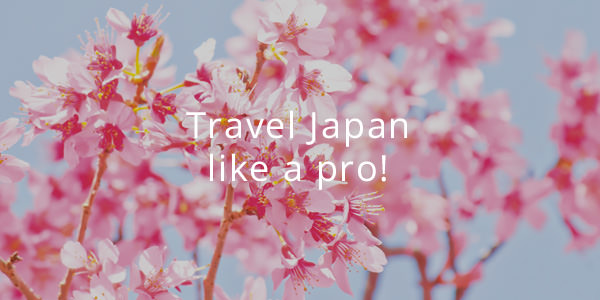Tired of pointing and nodding? Here are some phrases to assist your trip to Japan! While the language barrier is still an issue in some areas, rest assured that you will be able to survive most of your journey (hopefully) and make your experience even better with the following. Please note, that you do not need to PERFECT these expressions, Japanese are patient and generous enough to commit a substantial amount of effort in figuring out what you are trying to say, while some even get excited seeing foreigners attempting to speak Japanese. We hope the phrases below will help you connect with the locals into making your trip an even more memorable one.
<Greeting>
-
Konnichiwa 「こんにちは」
‘Hello’ Possibly the most common word used in Japan.
-
Ohayo Gozaimasu「おはようございます」
‘Good morning’ ‘Ohayo’ is also acceptable in casual situations.
-
Konbanwa 「こんばんは」
‘Good Evening’
-
Sayonara 「さようなら」
‘Good bye’
-
Oyasumi Nasai 「おやすみなさい」
‘Good night’ ‘Oyasumi’ is also acceptable in casual situations.
-
Ogenki Desuka? 「おげんきですか」
‘How are you?’ Even though this greeting ‘how are you’ is often used in English-speaking societies, you might not hear this among Japanese people unless they are close. However, it is still pleasant to ask whoever you encounter.
-
Genki Desu 「げんきです」
‘I’m doing well’ is the most common phrase when replying above. If you want to try something different,’Totemo Genki desu’ meaning ‘I’m doing great’ or ‘Sukoshi Tsukarete imasu,’ meaning ‘I’m a little tired,’ which can also be used for continuing the conversation.
<Daily Conversation>
-
Arigato Gozaimasu「ありがとうございます」
‘Thank you very much’ ‘Arigato,’ is also acceptable in casual situations.
-
Sumimasen「すみません」
Very useful phrase that can be used for both ‘I’m sorry’ or ‘Excuse me.’ You might overhear lots of Japanese saying this phrase too. Whenever you want to grab someone’s attention, made a few mistakes or need to apologize for the things you’ve done, this is when it comes handy.
-
Gomenasai 「ごめんなさい」
‘I’m sorry.’ While Sumimasen is often used for a light apology, this could be defined as a ‘real apology’ that is used between family or friends. ‘Gomen’ is an expression for a lighter apology between those in a closer relationship. It might be better to stick with ‘Sumimasen’ if you are on a trip.
<At a restaurant>
-
Kore Kudasai 「これ、ください」
‘Could I have this please?’ This will stop you from pointing at the menu without saying anything and relying on the server to understand what you want to order. ‘Kore’ means ‘this’ and ‘kudasai’ means ‘please.’ If you simply change ‘kore’ to ‘are’ – which means ‘that’, you are now able to say ‘Could I have that please?’ This phrase goes beyond ordering as they can be used in shops as well. It also makes sense even if you change ‘kore’ or ‘are’ to a specific word.
-
〇〇 Wa Arimasuka? 「〇〇はありますか?」
‘Do you have 〇〇?’Very useful phrase if you know what you want.
-
〇〇 Haitteimasuka? 「〇〇はいっていますか?」
‘Is 〇〇 in it?’ ‘You will no longer have to be afraid of what is in the food when ordering, especially if you are allergic or have something you dislike. Given this, you can also say ‘〇〇 Arerugi-desu’ as ‘I’m allergic to 〇〇’ or ‘〇〇 iranai desu’ as ‘I do not want 〇〇,” to specify what you would like to exclude.
-
Itadakimasu 「いただきます」
It’s been a part of Japanese custom to say this before a meal. If you want to follow the whole process, you put both of your hands together and bow slightly when saying this phrase.
-
Gochi So Sama Deshita 「ごちそうさまでした」
Related above, this is said after the meal to express appreciation to people who’ve helped prepare the dishes. This is also expressed with your hands put together with a slight bow.
-
Ikura Desuka? 「いくらですか?」
‘How much is it?’
-
Okai Kei Wo Onegai Shimasu 「おかいけいをおねがいします」
‘Could I get the bill please?’
-
Card Tsukae Masuka? 「カード、つかえますか?」
‘Do you accept cards?’ You will surprisingly learn that cashless payments are not often conducted as you would have thought. Japan is still a heavily cash-oriented society as some shops/ restaurants(relatively small shops outside of the city or family-owned) only take cash. Thus, it is safe to ask upon entering if you do not have any cash with you.
-
Osusume Wa Nandesuka? 「おすすめはなんですか?」
‘What would you recommend?’ You might want to go on a food adventure especially if you’re a foodie. This is a great phrase to ask any server about their opinions for deciding the perfect dish.
<At the station/Getting Around>
-
〇〇 Wa Doko Desuka? 「〇〇はどこですか?」
‘Where is 〇〇?’
-
〇〇 Wa Do Yatte Ikimasuka? 「〇〇はどうやって行きますか?」
‘How can I get to 〇〇?’ You might also want to ask ‘Dono Gurai Kakari Masuka?’ as it means ‘How long will it take to get there?’
-
Kore Wa 〇〇 He Ikimasu Ka? 「これは〇〇へいきますか?」
‘Does this go to 〇〇?’ It is always safe to ask people or station staff for confirmation on whether you’re boarding on the correct train – as the Japanese transportation systems are extensive and diverse.
-
Doko Ni Wi-Fi Ga Arimasu Ka?
‘Where is Wi-Fi available?’ Wi-Fi is a must for everyone travelling overseas. While free Wi-Fi services are still limited to some certain areas such as stations, shopping malls, convenience stores and coffee shops, it is worth asking people for any access available.
<Others>
-
Hai 「はい」
‘Yes’
-
‘Iie’「いいえ」
‘No’
So, were these phrases as simple as you thought? If you still really need to seek assistance, just ask ‘Can you speak English?’ Even though few people have high-advanced language skills, most are able to understand what is being said by picking up some words. So, don’t be afraid! Take the opportunity to try out your Japanese if a chance comes!
Also, if you are interested in learning the Japanese language more, here is the article for you telling you some apps that help you to learn Japanese!
Wishing you the best and hope everyone will have a wonderful time in the Land of Rising Sun.

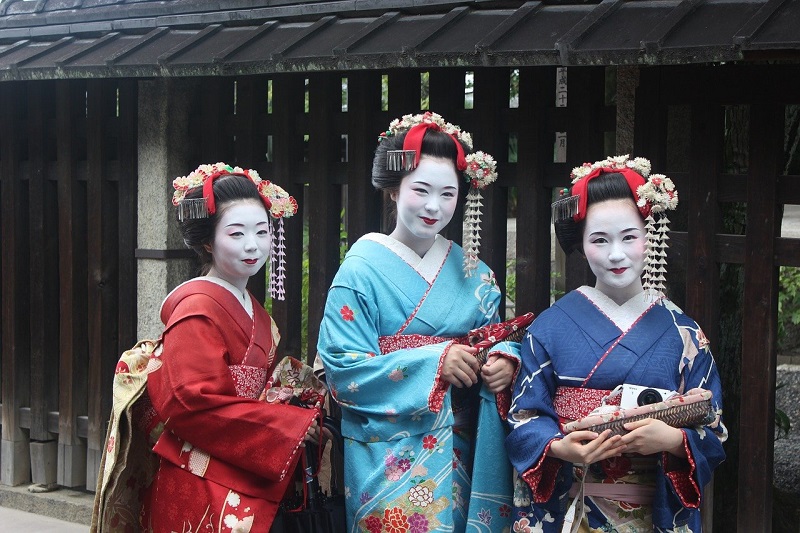
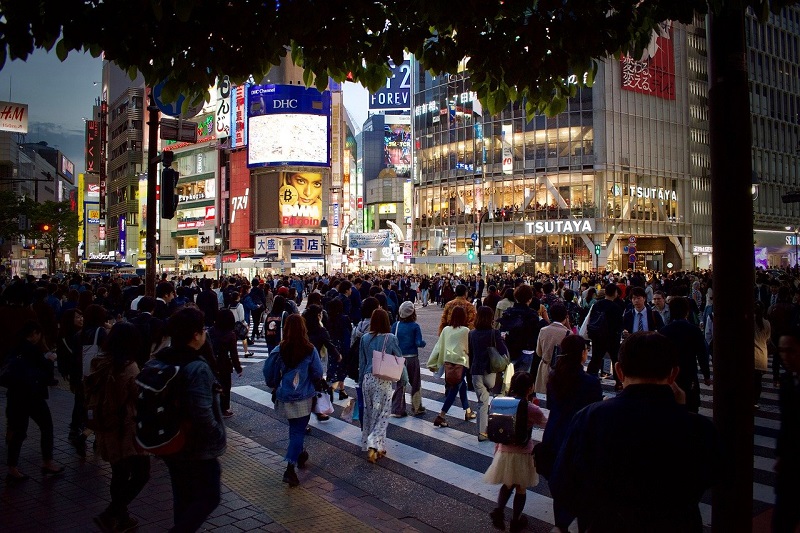



 | Temperature: 13
| Temperature: 13
